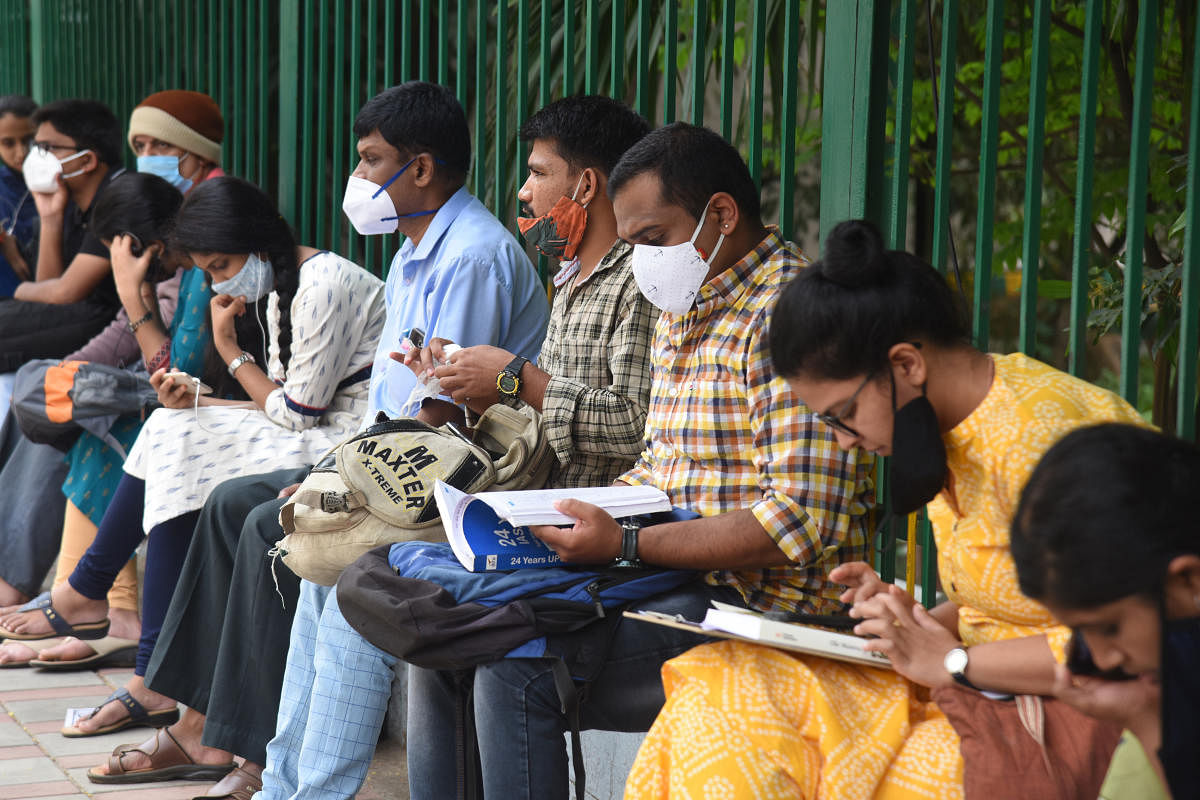
The UPSC Civil Services Exam has seen significant changes in its pattern over the years. So an aspirant needs to thoroughly analyse question paper from the past five years before they start preparing for the exam.
Until 2014, the Prelims were dominated by straightforward questions that were mainly factual and trivia-based — World economic outlook, disguised unemployment — for which students heavily relied on study materials provided by coaching institutes.
But that changed. The 2014 exam had only eight questions on current affairs, while the 2015 paper had about 26.
From 2015 to 2018, the number of current affairs questions with analytical questions increased dramatically, by over 65%.
So aspirants who merely read facts without analysing their background suffered.
Some analytical questions in the 2018 Prelims paper also required aspirants to reflect and apply their understanding of concepts such as ‘constitutional understanding of concentration of wealth’, ‘federalism’, ‘Preamble’ etc.
After 2018, the papers have also linked knowledge of static concepts with current affairs in almost all questions.
While most students would have read Article 39(A) of Directive Principles of
State Policy, how many would have expected a question on the State level legal service authority?
Another question in 2021 was about police or judicial custody. Many people have read about Article 20, but few are able to connect it with the question asked.
Another question in 2020 asked whether the Constitution defines and provides for ‘basic structure’ and ‘judicial review’. While both concepts are not defined in the Indian constitution, they are inalienable and important elements of our politico-judicial history.
So the UPSC exam of today requires aspirants to develop in-depth knowledge of the syllabus.
So how do aspirants meet this challenge?
Rigorous analysis: Applicants need to analyse their syllabus as well as performance in mock tests thoroughly. Understanding the concepts behind the questions, and understanding the real-world implication of the knowledge will help you crack the exam.
Consistent feedback: As an aspirant, you need consistent feedback regarding your preparation methods, answer-writing techniques, study patterns, and priorities from experienced mentors.
New preparation strategy: The advice from old UPSC toppers on social media has become obsolete. Figure out new methods to study and learn concepts, at a pace that suits you.
(The author is an academic consultant at an e-learning company)